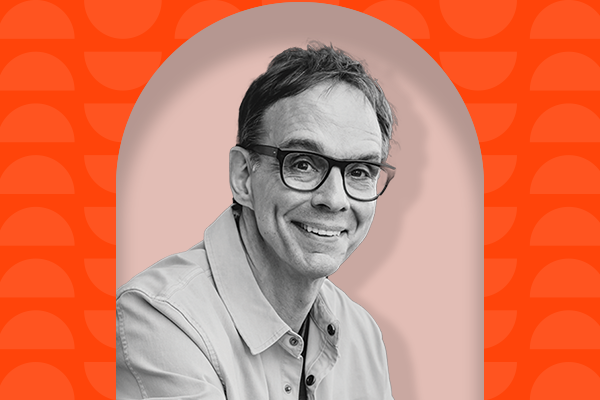IN THE NOVEMBER 2022 issue of Sojourners, author and researcher David E. Kresta suggests that community economic development is one significant way that churches can bring hope and healing to their neighborhoods. Editorial associate Liz Bierly spoke with Kresta about how he connects his faith and his vocation, his book Jesus on Main Street and his Ph.D. research on the connection between churches and gentrification, and some steps faith communities can take to truly love their neighbors. You can read his article, “Your Church's Soup Kitchen Doesn't Create Social Change,” here.
This interview has been edited for length and clarity.
Liz Bierly, Sojourners: You went from a degree in computer engineering to having experience in marketing and management to a Ph.D. in Urban Studies that you leveraged to explore the role of churches in neighborhood change. Can you tell me more about that career trajectory?
David E. Kresta: I started out, as you noted, in the high-tech field as a software developer; I had this parallel journey, I guess. I had my vocation, and then I had my Christianity — and when I was raised, those things were separate. I grew up in this space where I was essentially living my “American dream life” — following and pursuing high tech, making money, having a job, and having a family — and then [having] my spiritual journey, and they weren’t connected. Over time, I think God sought me out and said, “Hey, these are things that need to be connected.”
And through a long process, I became aware of things that I had been blissfully ignorant of. I grew up in Detroit, which was hyper-segregated; I was very much isolated from poverty, and I didn’t even know anything about gentrification as I was growing. I think that captures a lot of what people live today: Things that are out of sight, they really have no connection to, and they don’t even know about them other than what they maybe hear on the news. To make a long story short, I started doing some volunteer work with churches to serve their communities and really became more aware of the things that are going on in the world around us, and the brokenness at the systems level.
God really challenged me through this process of discernment to dive in and, as best as we can, try to understand what is going on in the world around us. That’s why I decided to pursue that Ph.D.: Because I felt like the church really had something to say in this space, and we need to be better equipped to speak into and address the issues that are going on around us.
Read the Full Article

